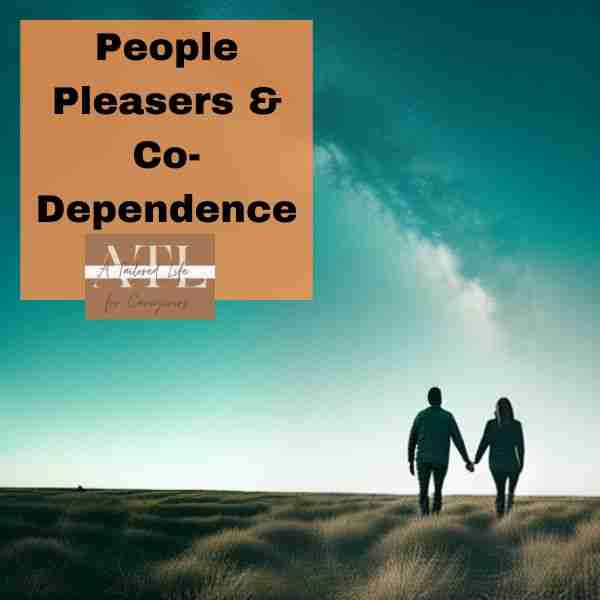You may have been socially and emotionally conditioned to be a people-pleaser.

Are you at your best when working to maintain the happiness of another person or group of people? This is a possible sign of co-dependence. You might be a people pleaser if your emotional well-being is controlled by the emotions of those around you. Ask yourself, is it possible that you are a people pleaser?
Understanding Your Belief System
When others are emotionally distraught, do you feel their feelings and get a strong urge to help?
You may have been socially and emotionally conditioned to be a people pleaser. Just know that it isn’t your fault. Your people-pleasing ability may have been born from a need for survival.
Because the human survival instinct is strong, we have found ways to co-exist even in difficult situations. In dysfunctional families, there is still some level of function that makes them work. If there wasn’t, we would ultimately destroy each other.
Did Your Family Go Through Hard Times?
Not every family is peaceful. In fact, dysfunction is probably more normal than fully functional.
If it’s in your nature to want to help, support, accommodate, and acquiesce to the will of others, putting their needs before your own, you may have developed this personality trait as a means of helping your family function as a unit.
People-pleasers were taught early on that they must set aside their own emotions, wishes, and needs in favor of keeping a more dominant force or personality happy and satisfied. They learned from the beginning that if they didn’t bend to the will of said person or people, they would experience emotional stress.
Their nervous system didn’t like what was being dished out at home, so they learned coping skills that allowed them to know peace, avoid antagonism, and allow their nerves and stress levels to relax.
They learned early on that if neither fight nor flight is possible, there’s another way. That way is to appease the more demanding personalities around them that stress their neurological systems and make them feel on edge.
So, essentially, you became a people-pleasing personality because you didn’t feel safe.
Next: How People-Pleasers Can Learn To See Their Own Worth | Previous: The Validation vs Self-Worth Trap: How People-Pleasers Can Let Go




Leave a Reply